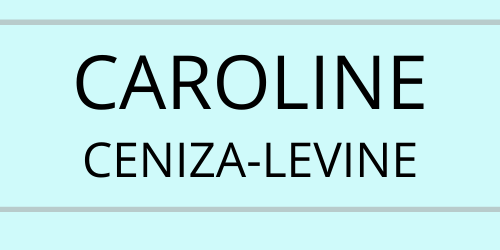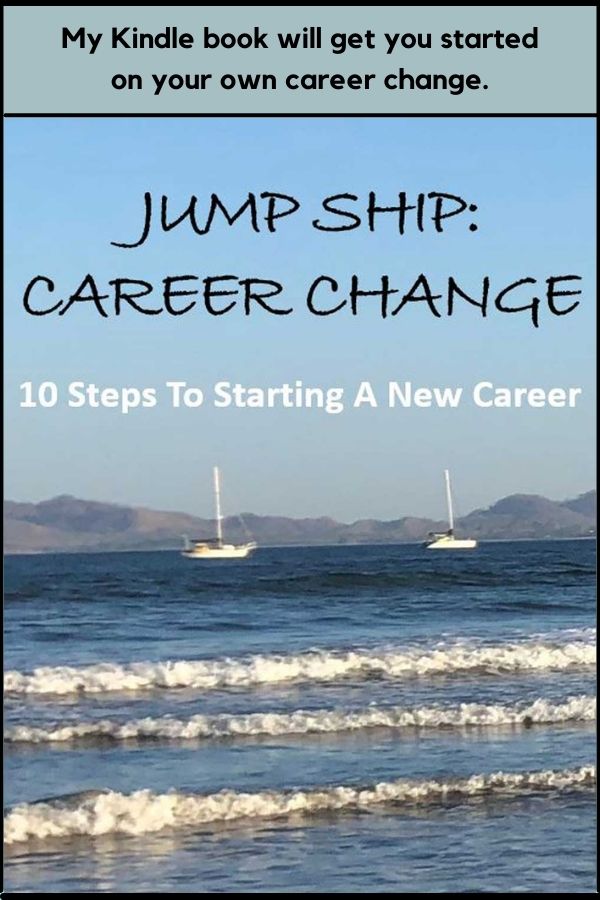According to a recent analysis of 3,000 job seekers, done by the Federal Reserve Bank of NY and Columbia Business School, employed job seekers receive offers that are 48% higher on average than for unemployed job seekers. Employed job seekers are also more likely than the unemployed (63% to 40%) to receive offers with benefits, such as insurance or a retirement plan.
If you are unemployed, how do you ensure that you don’t get the lower offer with fewer benefits?
Employed job seekers have some inherent advantages by virtue of their current employment. However, you can create those same advantages for yourself once you’re aware of them. Here are four advantages that allow employed job seekers to hold out for better job offers, and how you can duplicate them for yourself when you are coming back from unemployment:
Advantage 1: An obvious alternative option
Employed job seekers don’t have to take just any job that comes along because they have an alternative option – to stay put right where they are. Furthermore, this alternative is obvious to everyone else, so prospective employers are less likely to lowball that first offer.
Contrast this with the unemployed job seeker who is negotiating from a salary of $0. Any job offer is an immediate improvement. However, the savvy unemployed job seeker will also have alternatives and will make prospective employers aware of them. Another job offer in hand is one alternative, but being in play at other companies, having consulting work lined up, or simply rattling off your busy upcoming weeks can also work just as well to convince a prospective employer who wants you that they will need to pony up a strong offer.
Advantage 2: The luxury of time
Employed job seekers don’t have to look for a job now; they can take their time until an interesting opportunity arises. This selectivity means that a savvy employed job seeker might review multiple possibilities before pursuing even one of them. S/he will also be willing and able to take time researching the company and asking friends and trusted colleagues for insider information. The employed job seeker won’t jump into a bad situation.
Contrast this to the unemployed job seeker who feels the financial urgency of no paycheck coming in, while the bills continue to come. The unemployed job seeker blankets the market and applies to jobs indiscriminately, increasing the risk that s/he will be exposed to less-than-ideal opportunities and weaker job offers. Instead, take the time to focus on roles you know match the level you want (and therefore more likely the pay you deserve) . Focus on companies that you know pay competitively and treat their employees well.
Advantage 3: An estimate of your market value
Employed job seekers know their current compensation package, which is at least one more current data point about the job market than the unemployed have. So if you are employed at a company that pays competitively, then you’re not going to jump to a below-market opportunity. Furthermore, if you have kept your branding strong and are getting recruiter calls, then you have even more knowledge of your market value.
When you’re unemployed, especially if it’s been months or years, you might have lost touch with the market. You have let professional relationships slide so you can’t make a quick call to a recruiter friend or former colleague to know what the going rate is. This leaves you vulnerable to a lowball offer that you don’t realize is too low. However, similar to taking the time to research competitors and hold out for strong offers, if you can take time to get salary data you can use and better understand your market value, then you can negotiate for what you’re worth.
Advantage 4: Safety in numbers (i.e., a built-in network)
Not every employed professional maintains a strong and supportive network. However, by virtue of being employed, you’re around more people — sitting in your open workspace, attending an industry conference that’s part of your job, or even attending an external meeting. In these ad hoc interactions, you may overhear market news, get a possible job lead, or get early insight into an innovation or trend. If you get an unexpected invitation to interview, you can tap the people around you for help on researching the company.
Contrast this with the unemployed job seeker who has to proactively reach out to get these social interactions. If you’re unemployed, unless you have an activity to go to or rent a co-working space, you won’t have these casual social interactions to pick up ad hoc useful leads. You will have to work at maintaining your network. However, it’s absolutely doable to maintain these interactions – schedule meals out, join Meetups and other groups, put together an accountability group. There is safety in numbers – you will better know your market value, it will be easier to research companies and roles, and you may even pick up actual leads, when you maintain your network.
In my 20-plus years of recruiting, I have never worked for a company that changed their job offers for unemployed vs. employed job seekers. However, I have seen companies change job offers for specific situations. One client went 20% over budget to land a job seeker (employed) who had another offer . One client offered a job seeker (unemployed) 30% more than she negotiated because they had a pay range that wanted to adhere to, and she was lucky enough that her range was much higher than what she asked for. Don’t leave your job offer up to luck. Be proactive about your job search so you get a strong offer regardless of your employment status.
A version of this post originally appeared in my column for Forbes.com.






